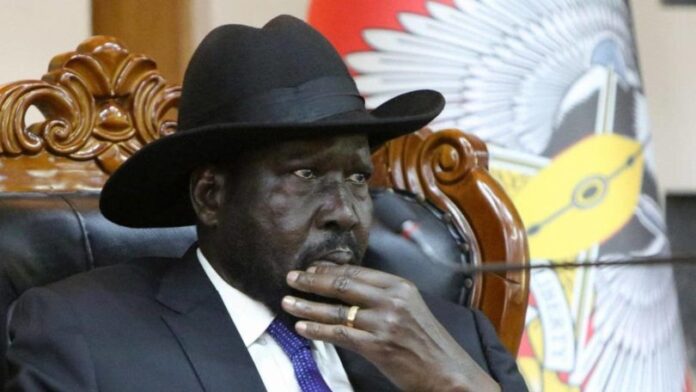In a significant political move, South Sudan’s President Salva Kiir Mayardit has issued a republican decree reconstituting a high-level committee tasked with negotiating the final status of the disputed oil-rich Abyei region with Sudan. The contested territory has remained a flashpoint along the border since South Sudan’s independence in 2011.
According to the presidential order broadcast on state television SSBC on Friday, the reformed committee will engage with the Sudanese government, represent Juba’s position before regional and international bodies, and advise the presidency on Abyei’s future. Vice President and head of the Economic Cluster, Dr. Benjamin Bol Mel, will chair the committee, with the Minister of East African Community Affairs serving as deputy chair, and the Minister of Presidential Affairs as rapporteur. The team is required to submit monthly progress reports directly to President Kiir as part of his administration’s stated commitment to a “peaceful and diplomatic” resolution through dialogue and cooperation between the two countries.
A Disputed Land
Abyei, straddling the border between Sudan and South Sudan, has been the subject of intense dispute since the 2005 Comprehensive Peace Agreement. The deal envisioned a referendum to determine the region’s affiliation, but disagreements over voter eligibility and recurring violence prevented the vote from taking place. In October 2013, the Dinka Ngok community held a unilateral local referendum in which an overwhelming majority voted to join South Sudan. However, the result was never officially recognized by either government, leaving the area under temporary administration without a final settlement.
The reconstitution of the committee comes amid escalating unrest in Sudan, raising questions about the practicality of fresh negotiations when no stable counterpart currently exists in Khartoum.
Criticism and Skepticism
The decree has drawn skepticism from political analysts who view the move as largely symbolic. Political analyst James Boboya described it as “largely irrelevant” given current conditions on the ground. “The situation in Abyei does not allow for any meaningful dialogue,” he said, noting that much of the area remains under the control of the Rapid Support Forces, while the Sudanese army is positioned far away, leaving no clear authority for negotiations in Khartoum.
Boboya suggested the order carries more political symbolism than operational intent, remarking that President Kiir’s decision “seems intended to keep certain appointees busy rather than expecting tangible progress.”
He also criticized Juba for neglecting the Abyei issue in recent years, pointing out its failure to seek international recognition for the 2013 unilateral referendum despite overwhelming support for union with South Sudan. “Forming a new committee after years of inaction highlights the absence of a coherent strategy,” he said, adding that meaningful progress on Abyei will depend on achieving a comprehensive peace in Sudan itself.
UN Visit and Financial Strains
The announcement coincided with a visit by Jean-Pierre Lacroix, UN Under-Secretary-General for Peace Operations, to Juba, where he met President Kiir and senior officials. Discussions focused on escalating regional tensions and the financial constraints affecting UN peacekeeping missions.
According to an official briefing released Friday, Lacroix informed South Sudanese authorities that both the UN Mission in South Sudan (UNMISS) and the UN Interim Security Force for Abyei (UNISFA) would face a 15% budget reduction this fiscal year. He urged Juba’s cooperation to mitigate the impact of the cuts on peacekeeping operations, including civilian protection and peace support efforts, amid growing logistical and security challenges in the border region.


